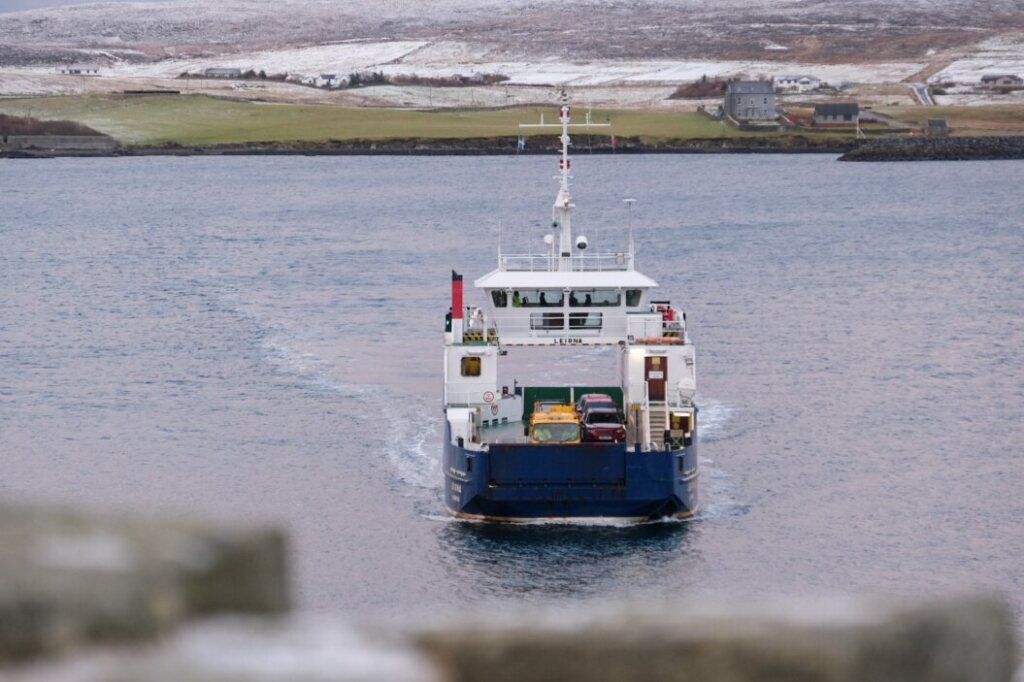Electric vehicles, automated ferries and car share schemes feature in net-zero transport strategy

A 20 year transport strategy will focus mainly on achieving net-zero targets – with electric vehicles, hydrogen ferries and car share schemes all playing possible roles.
ZetTrans is set to discuss the strategy’s “draft case for change” report on Thursday, considering future transport within Shetland as well as to and from the mainland.
Produced by Stantec UK Limited, the report highlights the need for a transport system which reduces inequalities, supports economic growth and improves health and wellbeing for the people of Shetland.
However, it also states that the “over-riding focus” will be on the delivery of the Scottish government’s net-zero requirement by 2045.
While it says electric vehicles are currently viewed as the “future of road transport”, the report also notes the limitations of electrification for ferries and planes.
Instead, the report suggests hydrogen could provide opportunities “in terms of greening the council’s ferry fleet”. It also highlights the possible role of the Orion clean energy project, which is looking to generate industrial quantities of green hydrogen from offshore wind.
But while the ferry fleet will need to decarbonise, with new vessels likely to be powered by some form of greener fuel, the report acknowledges a preferred option is yet to be determined.
Other transport options include a focus on “shared mobility”, such as more formalised car share schemes for commuters in and out of Lerwick.
The possibility of partially automated, or remote controlled, ferries is also mentioned, though the report accepts such technology is unlikely to be adopted immediately.
During consultation with other stakeholders, the report’s authors found that fixed links were seen as a solution to many of the current travel problems by a “large proportion” of people.
“For some, fixed links were felt to be essential in order to sustain island populations,” the report said.
“However, while fixed links were seen as a solution by many, it is important to note that not all consultees agreed with this viewpoint and the environmental impacts relative to ferries are yet to be determined.”
The report also notes that the delivery of transport infrastructure in Shetland is more challenging, and higher profile, than on the mainland.
It goes on to say these challenges are heightened by unfavourable demographic forecasts, such as a declining and ageing population, high cost of living, and specific issues for the more remote communities, such as Fair Isle, Foula, Papa Stour and Skerries.




NO COMMENTS
Add Your Comment